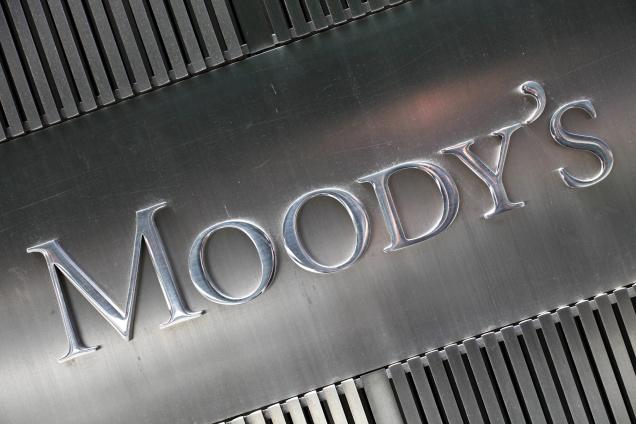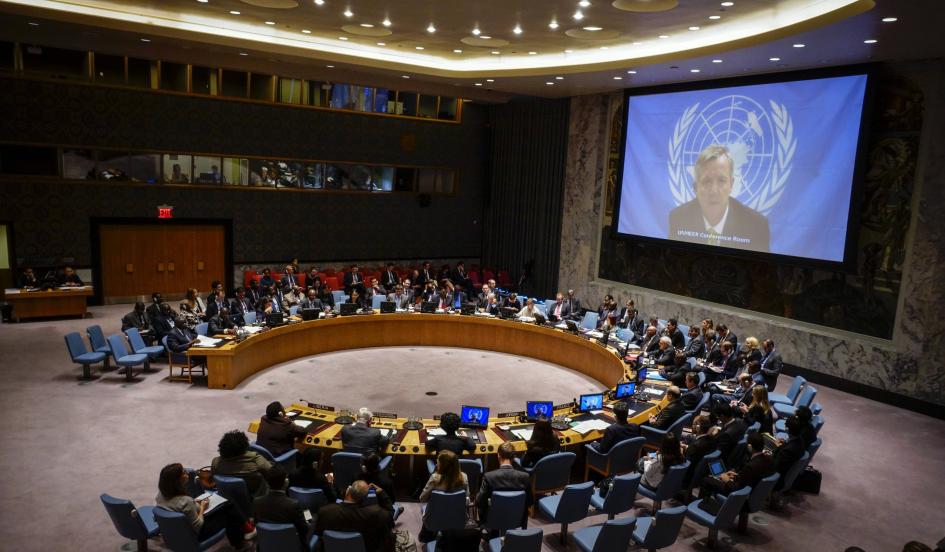
Egypt faces a continued review by Moody’s Investors Service, which said it’s weighing progress on the government’s reform agenda against factors, including evidence of a further weakening in external liquidity, reported Bloomberg.
“The continuation of the review balances progress on the government’s privatization, fiscal, and structural reform agenda against evidence of a further weakening in external liquidity through a drawdown of commercial banks’ net foreign assets at a scale that exceeds recently concluded asset sales, potentially undermining the goal to sustainably replenish the economy’s foreign exchange liquidity buffers ahead of increased debt service payments in fiscal 2024 and 2025,” Moody’s said in a statement.
The review for downgrade began in May, when Moody’s warned the sovereign faced growing risks to its liquidity and debt affordability.
With inflation running at the fastest ever during the past two months, the central bank has responded with a surprise hike in interest rates in August. Authorities are also finalizing $1.9 billion of previously announced state-asset sales with local firms and Abu Dhabi wealth fund ADQ.
“The extended review period will focus on the extent to which the proceeds of the recently concluded asset sales help restore foreign currency liquidity buffers evident in foreign exchange reserves, the monetary system’s net foreign asset position, FDI inflows, as well as exchange rate dynamics,” Moody’s said.
Egypt has been struggling to regain access to external financing during its worst foreign-exchange crunch in years. Heavily exposed to the economic fallout from Russia’s invasion of Ukraine, Egypt now needs to build up sufficient hard-currency buffers to manage another likely devaluation of the pound.
“The persistence of foreign exchange shortages as reflected in a parallel currency market despite improved current account dynamics, and the materialization of new terms of trade shocks in the food and energy sectors, increases the likelihood of a renewed official currency devaluation that could drive inflation, borrowing costs and the general government debt ratio to levels more consistent with a lower rating level, notwithstanding the government’s demonstrated capacity to increase revenue and exceed its primary fiscal surplus targets,” Moody’s said.
Authorities have allowed the pound to weaken sharply three times since March 2022 to help secure a $3 billion rescue package from the International Monetary Fund.
The IMF has said it’s waiting to see privatization deals for state assets and genuine flexibility in Egypt’s currency before carrying out the first review of the program.
The pound has been stable in recent months even after authorities said they are shifting to a more flexible exchange-rate regime after years of managing the currency — a policy that depleted the country’s reserves. Egypt’s currency changes hands at a much weaker rate on the black market than at banks.
In a reflection of the pressure facing the $470 billion economy, net foreign assets held by the Egypt’s commercial banks went into a record deficit in June.
The overall net foreign liabilities of the banking system – including the central bank – reached $27.1 billion.



